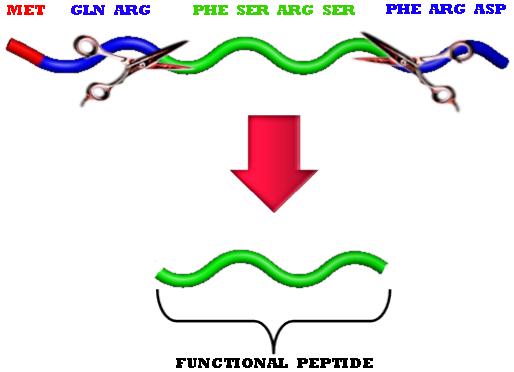Team:Imperial College London/M1/PeptideDelivery
From 2009.igem.org
(→Module 1: Enzyme Production) |
(→Module 1: Enzyme Production) |
||
| Line 38: | Line 38: | ||
href="https://2009.igem.org/Team:Imperial_College_London/M2/Modelling"><img style="vertical-align:bottom;" width="20%" src="http://i691.photobucket.com/albums/vv271/dk806/II09_Homepageimage3.png"></a><center></html> | href="https://2009.igem.org/Team:Imperial_College_London/M2/Modelling"><img style="vertical-align:bottom;" width="20%" src="http://i691.photobucket.com/albums/vv271/dk806/II09_Homepageimage3.png"></a><center></html> | ||
| - | |||
| - | |||
<html><table border="0" style="background-color:transparent;" width="100%"> | <html><table border="0" style="background-color:transparent;" width="100%"> | ||
Revision as of 19:35, 11 October 2009

Contents |
 Module 1: Protein Production Overview
Module 1: Protein Production Overview
Peptide Delivery
Many peptide drugs are suseptible to breakdown in the stomach making them suitable candidates for encapsulation.
When synthesised, all polypeptides begin with the same amino acid: methionine. However, many polypeptides are subsequently chopped into smaller functional peptides that do not begin with methionine.
If we were to use natural polypeptide processing pathways, we would be forced to equip The E.ncapsulator with different enzymes for different polypeptides. We have avoided this inelegant solution and instead created a universal processing pathway that is compatible with all peptides. What is more, our system does not require the expression any additional genes!

About how our universal peptide processing system works.
Opiorphin
To showcase peptide delivery, we have selected the pentapeptide (five amino acids) opiorphin. This peptide is naturally found in human saliva and plays a role in pain relief and pleasure. The delivery of opiorphin by The E.ncapsulator, marks the iGEM first entry to tackle psychological problems such as chronic pain and depression.
Module 1: Enzyme Production






 "
"




